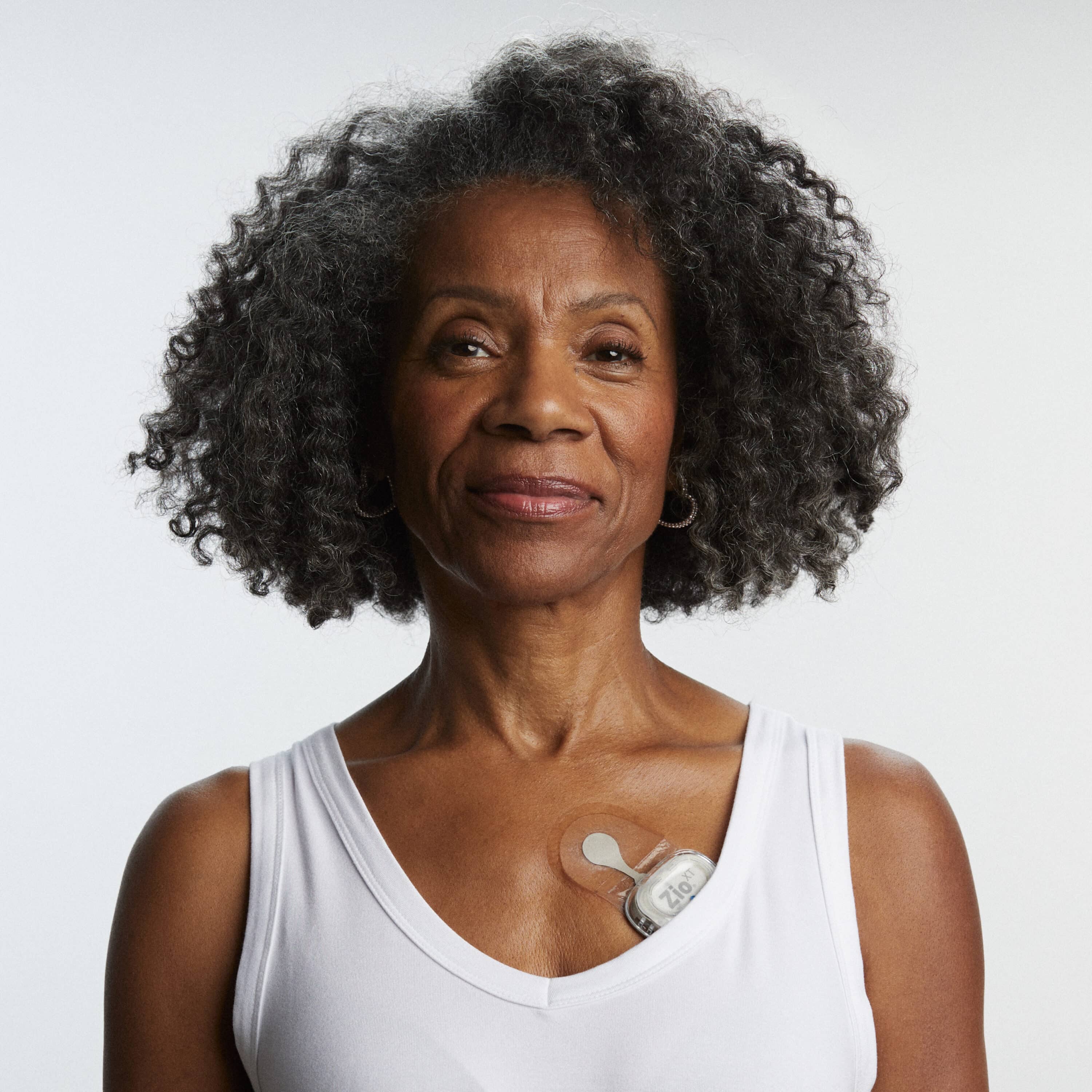Sussex Premier Health, Hastings: Important update for patients with upcoming appointments
Sussex Premier Health, Hastings: Important update for patients with upcoming appointments
An electrocardiogram tracks your heart’s electrical activity and rhythm over a period of time.
An electrocardiogram (ECG) is a simple test that can be used to check your heart’s rhythm and electrical activity.
Sensors attached to the skin are used to detect the electrical signals produced by your heart each time it beats.
An ECG may be requested by a heart specialist (cardiologist) or any doctor who thinks you might have a problem with your heart, including your GP.

An ECG is often used alongside other tests to help diagnose and monitor conditions affecting the heart.
It can be used to investigate symptoms of a possible heart problem, such as chest pain, palpitations (suddenly noticeable heartbeats), dizziness and shortness of breath.
An ECG can help detect:
A series of ECGs can also be taken over time to monitor a person already diagnosed with a heart condition or taking medication known to potentially affect the heart.
You may need a referral letter from a consultant or GP before booking any diagnostic investigation.
You will have a formal consultation with one of our expert clinicians. During this time you will be able to explain your medical history symptoms and raise any concerns that you might have. We will also discuss with you whether any further diagnostic tests such as scans or blood tests are needed. Any additional costs will be discussed before further tests are carried out.
We will discuss with you whether there are any other treatment pathways to consider that might be an option or if you can be booked straight in for ECG monitoring.
There are several different ways an ECG can be carried out. Generally, the test involves attaching a number of small, sticky sensors called electrodes to your arms, legs and chest. These are connected by wires to an ECG recording machine.
You don’t need to do anything special to prepare for the test. You can eat and drink as normal beforehand.
Before the electrodes are attached, you’ll usually need to remove your upper clothing, and your chest may need to be shaved or cleaned. Once the electrodes are in place, you may be offered a hospital gown to cover yourself.
The test itself usually only lasts a few minutes, and you should be able to go home soon afterwards or return to the ward if you’re already staying in hospital.
You will then be contacted to arrange a follow up appointment to discuss the results with your consultant.
At Sussex Premier Health we also offer the Zio Cardiac Monitor, a wire-free ECG monitor that can be worn for up to 14 days.

Your consultant or one of our nursing team will perform the ECG test. Your consultant will review the results with you.
Speak to a member of our team